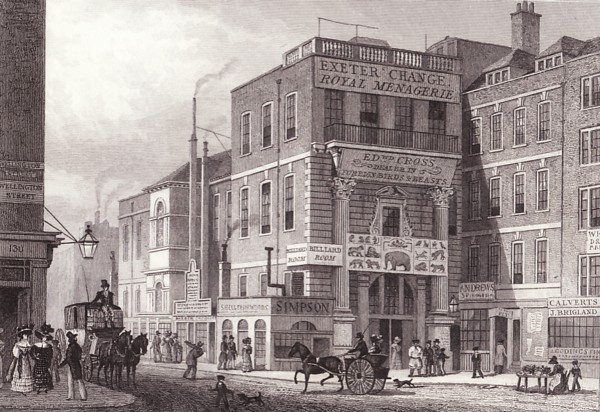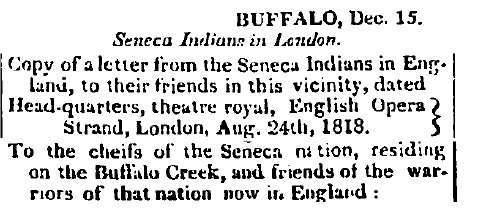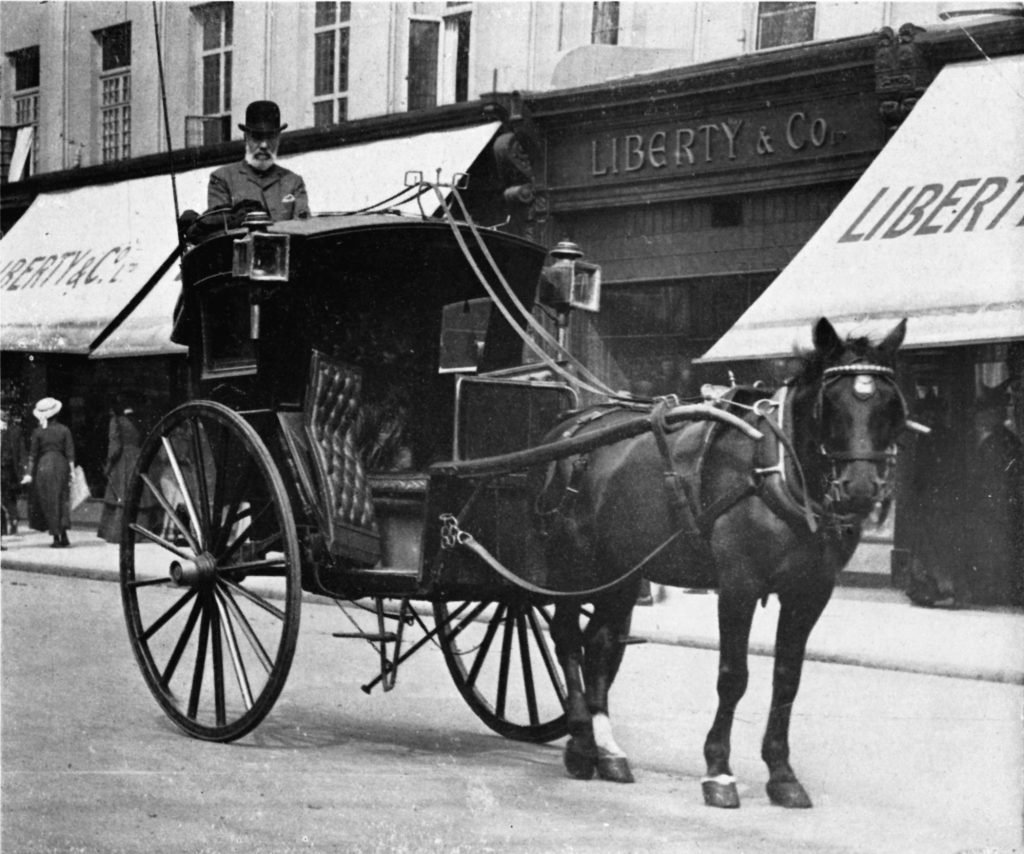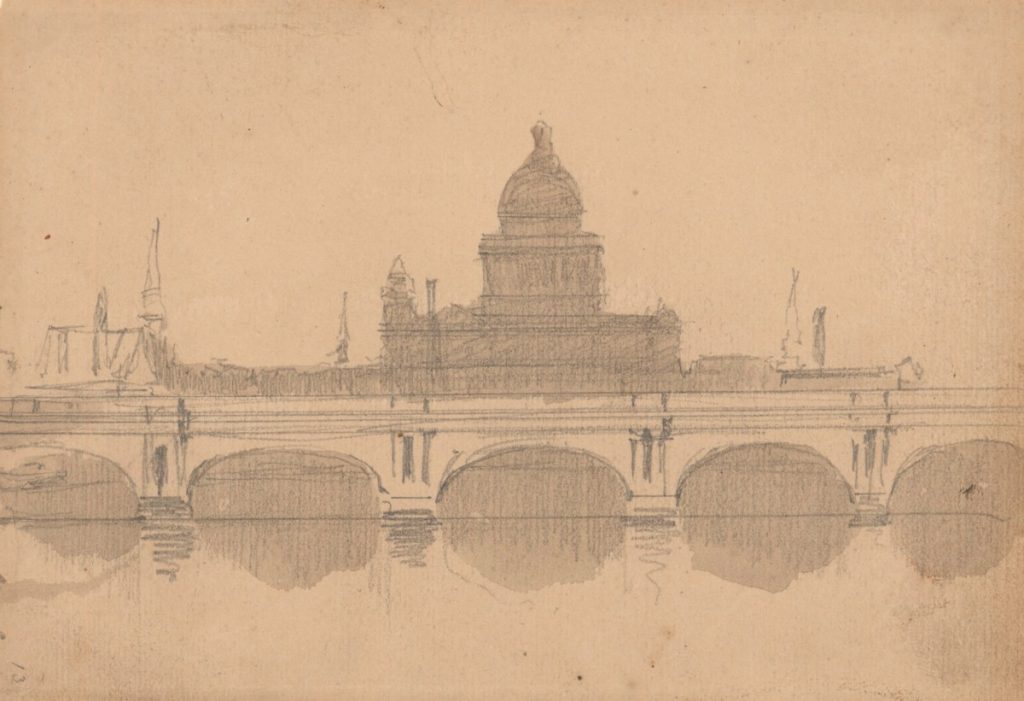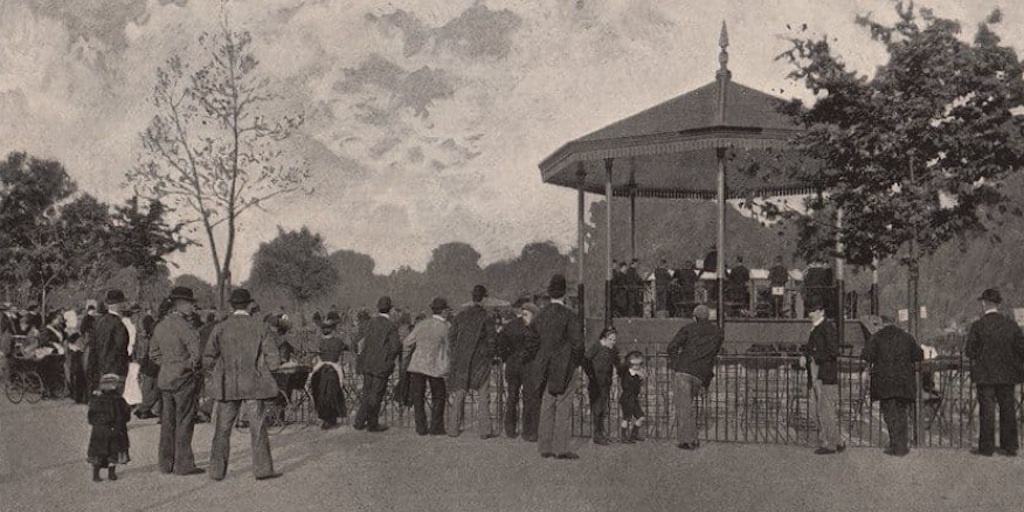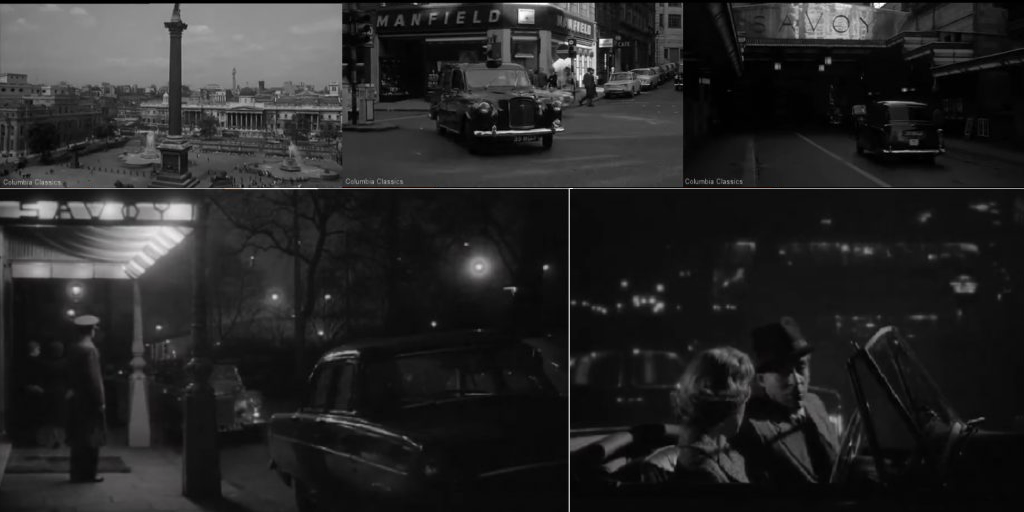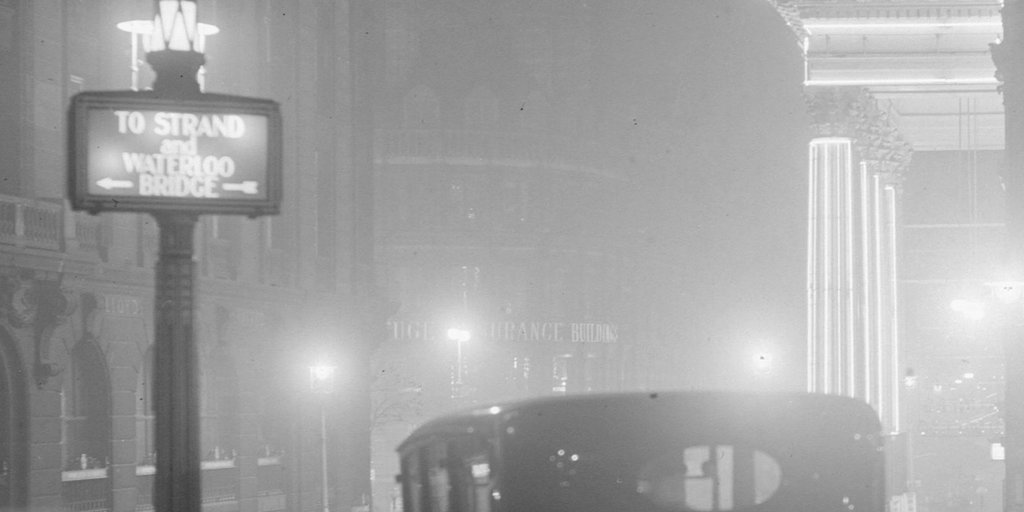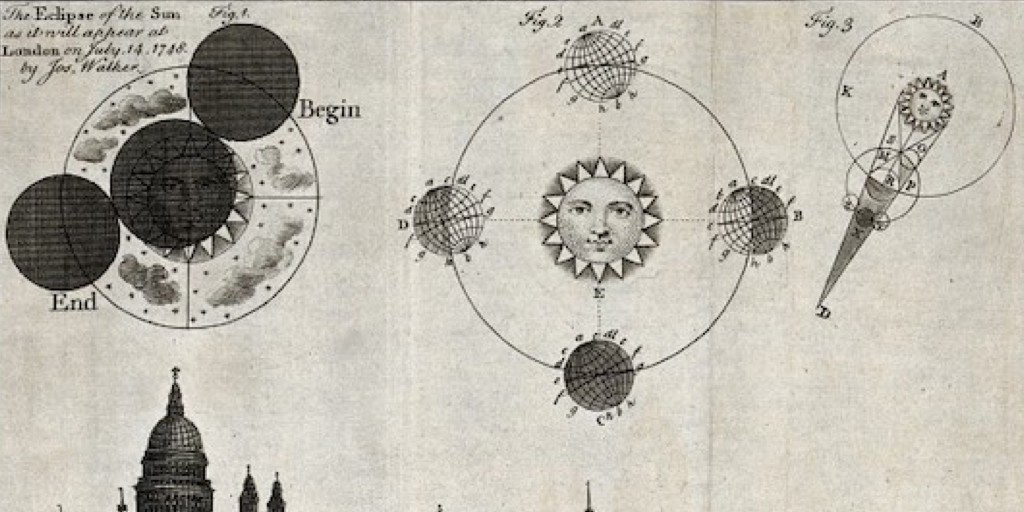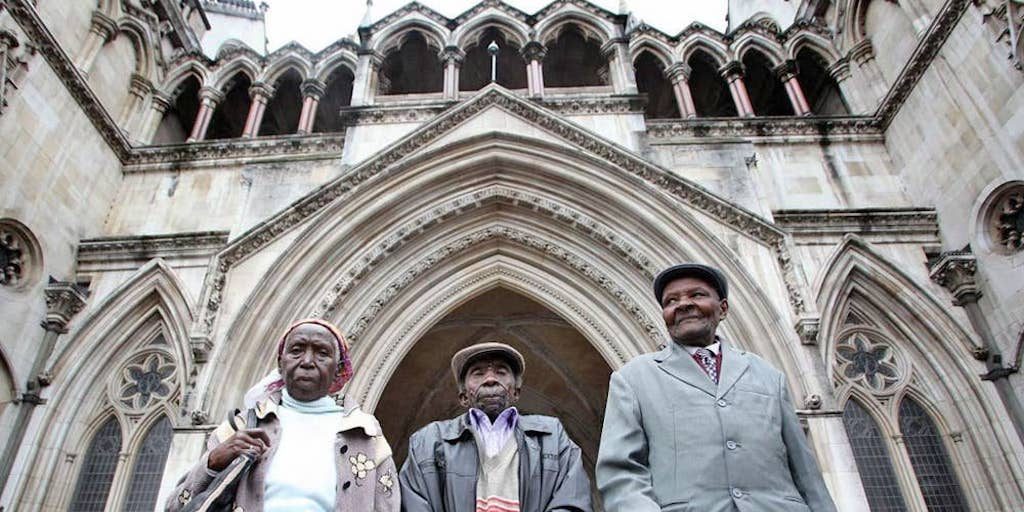Posts by Théophraste Fady
Simpson’s-in-the-Strand – In literary, in historical, and in contemporary London
Why write about this? Though the website of Simpson’s-in-the-Strand advertises itself as the “Home of Chess,” this is not what drew me to writing about this almost-two-century old restaurant. I was reading a novel by J.G. Farrell, The Singapore Grip, when I stumbled upon the following passage. “But then, one day in 1925, on a…
Read MoreIndigenous actors at the heart of empire: A letter from the Strand to Buffalo Creek
In 1818, seven members of the Seneca nation were in London performing in the Theatre Royal on Drury Lane. The Hartfort Courant, an American newspaper that ran in Connecticut, published a letter they intercepted from the performers to their families and friends. Through the words of the performers themselves, this article hopes to highlight their…
Read MoreLondon’s First Taxi Rank – The development of urban folklore?
Introduction: That title may seem either overly grandiose or simply just confusing, however, I promise there is good reason for the confusion. I began looking into this, seemingly simple, story of London’s first taxi rank around 4 weeks ago. One afternoon I was watching a video about the history of London taxis, the joys of…
Read MoreTourists on the Strand in the 1860s: A whirlwind tour from New York to the Temple Bar
Introduction: On July 1st 1867, American journalists published their reports of traveling through London back in the United States. A Brooklyn-based newspaper called the Circular (1851-1870) was printing the series named, “Journal of European Travel.” Where we can view London, as if a tourist, from over 150 years ago! What might surprise you is how…
Read MoreGeorge Gissing’s London: A walk from Battersea park to Trafalgar Square
Introduction George Gissing was an English novelist in the 19th century, part of the Naturalism literary movement. His books The Nether World, New Grub Street, and The Odd Women were all set in London. The latter of these is from where we draw inspiration today. The Odd Women (1893) focuses on the role of women in…
Read MoreRobert Herrick’s Love Letter to London
In 1629, Robert Herrick had to leave London to assume a post in Devonshire. Before his departure, he wrote His Tears to Thamesis to say his farewell to the city. It remarkably stands the test of time as an example of how one can feel deeply for their home. As an ex-pat of London, I…
Read MoreThe Strand in film: a story of change and eternity
Introduction In my earliest posts on Strandlines, I focused heavily on a bastion of Strand history: The Savoy. Over time I diversified my interests and desired to find the more niche and hidden stories of this great viaduct. Unsurprisingly, however, when I decided to look into depictions of the Strand in film over time the…
Read MoreThe Strand’s Foggy Past in Conan Doyle’s Work
In the late 19th century, the Strand Magazine propelled Arthur Conan Doyle’s writings to new heights. This meteoric rise brought wider public attention to some of the issues that plagued London in the 1890s. In the Strand Magazine pieces, complex connections between writing by Doyle and the concerns of the Smoke Abatement Society are apparent.…
Read MoreStargazing from centuries gone by
In the 18th century, the Philosophical Transactions journal (then a relatively new publication) preserved several accounts of astronomical events as observed from the Strand. The Royal Society of London provided James Short, “from the College at Edinburgh”, this platform to publish his observations. In the Philosophical Transactions database Short’s name appears thirty-four times. Of these,…
Read MoreThe Mau Mau Case: Post-Colonial Justice on the Strand
“This is a historic judgement today, which will have repercussions for years to come” – Leigh Day Prosecution team. The Mau Mau insurgency, also known in Britain as the ‘Emergency Period’, was an eight year span of violence in colonial Kenya (1952-60). In 2012, the British High Court of Justice, inside the Royal Courts of…
Read More
